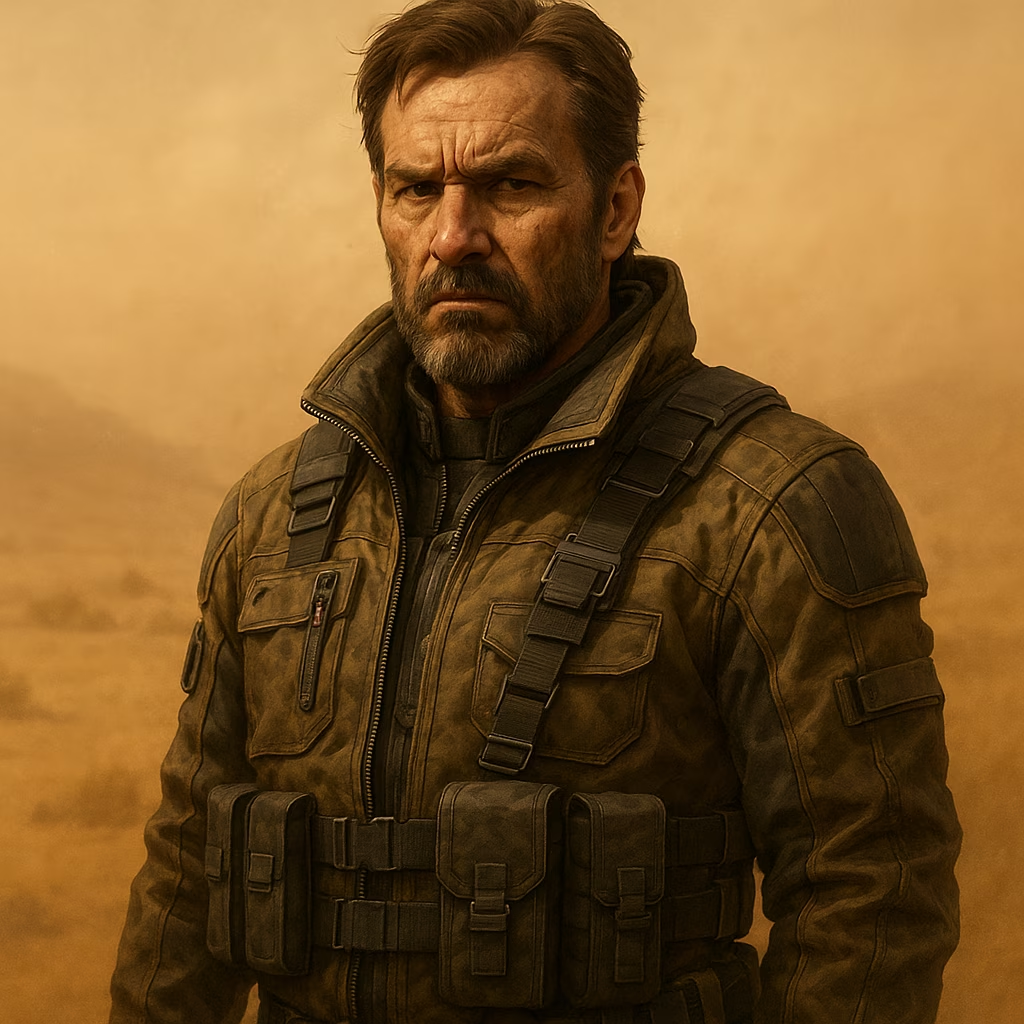Project Orion: Reimagining Cyberpunk's Digital Frontier
Discover the thrilling potential of Project Orion, CD Projekt Red's highly anticipated sequel promising an immersive cyberpunk universe and groundbreaking net exploration.
The gaming world holds its breath for Project Orion, CD Projekt Red's enigmatic sequel to Cyberpunk 2077. As we stand in 2025, details remain scarce about this code-named successor—a deliberate silence contrasting sharply with the deafening hype that preceded Cyberpunk 2077's tumultuous launch. While the original evolved into a genre-defining masterpiece through relentless updates, its treatment of the cyberpunk ethos often felt like a high-octane action flick rather than a deep dive into transhumanist philosophy. This lingering sense of unexplored potential makes Project Orion's quiet approach feel like the calm before a digital storm, especially concerning its handling of the Net—Cyberpunk's most tantalizing yet underutilized frontier. One can't help but recall the electrifying promise of netrunning in promotional materials, only to experience fragmented glimpses in the final product. That subtle disappointment still tingles like static electricity beneath the skin of every fan awaiting redemption. 🕹️
The Net's Untapped Dimensions
Cyberpunk 2077 presented the Net as a shadowy playground for hackers, yet its execution felt disappointingly constrained. According to established lore, this digital realm should mirror the complexity of the physical world, with netrunners projecting avatars into photorealistic 3D environments limited only by processing power—a concept Cyberpunk 2077 showcased through brief, linear sequences that barely scratched the surface. The true horror and wonder of this space lies in its capacity to distort reality itself, where a skilled netrunner could architect entire nightmare-scapes indistinguishable from tangible existence.

Imagine wandering through a corrupted memory palace where your deepest fears manifest as glitched monsters, or infiltrating a corporate stronghold disguised as a gilded library with floating data-tomes—these are the cerebral possibilities the lore suggests but the game never actualized. The omission feels particularly poignant when considering how modern VR technologies have evolved since 2023, making the Net's restrained portrayal seem like an artifact from a less ambitious era.
The Blackwall: Digital Pandora's Box
Beyond mere aesthetics lies the Blackwall—Cyberpunk's most fascinating narrative device. This fragile digital barrier contains rogue AIs of apocalyptic potential, entities that could unravel human civilization with a thought. Its presence in Cyberpunk 2077 felt like background lore rather than a living threat, which remains one of the franchise's greatest squandered opportunities. Project Orion could transform this concept into gameplay gold:
-
AI Bargains: Negotiating with trapped entities for power at catastrophic moral costs
-
Firewall Breaches: Desperate tower-defense scenarios against cascading corruption
-
Ghost Cities: Exploring abandoned network sectors reclaimed by digital eldritch horrors
The sheer existential dread of facing an intelligence that views humans as ants could elevate Project Orion from action RPG to psychological horror masterpiece. What does humanity's fragility mean when silicon gods stir behind digital curtains? This question lingers uncomfortably in our AI-saturated 2025 reality. 🤖
Gameplay Revolution Through Virtuality
Project Orion could redefine immersion by embracing the Net's fluid nature. Rather than treating it as a glorified hacking minigame, CD Projekt Red might craft:
| Gameplay Innovation | Emotional Payoff |
|---|---|
| Dynamic Environment Shifting | Constant wonder/disorientation as landscapes morph during combat |
| Mind Palace Infiltration | Deeply personal horror when confronting psychological trauma weaponized against you |
| Avatar Customization | True roleplay freedom through digital self-reinvention |
| Blackwall Power Gambits | Thrill/dread of wielding forbidden tech at existential risk |
The dream of sitting motionless in a dark room while your digital avatar unleashes chaos across Night City epitomizes the netrunner fantasy—a power trip Cyberpunk 2077 teased but never fully delivered. Project Orion could transform this into core gameplay, making players feel like digital deities conducting symphonies of destruction through pure will.
Narrative Horizons in the Data Storm
The Net's abstract nature presents unique storytelling challenges, yet therein lies its genius. Rather than literal depictions, Project Orion might employ:
-
Symbolic Representations: Corporate strongholds as gilded cages, firewalls as thorned labyrinths
-
Cognitive Hazards: Environments that shift based on emotional states or mental resilience
-
Distorted Memories: Questlines where truth and digital fabrication become indistinguishable
These approaches could explore cyberpunk's core themes more profoundly than any gunfight. When a character's digital ghost haunts the network, is it AI imitation, residual consciousness, or something more terrifying? Such questions resonate deeply in our era of neural implants and ChatGPT philosophers.
The Delicate Art of Virtual Realization
The greatest challenge remains translating such an abstract concept into satisfying visuals without losing its mystery. Cyberpunk 2077's solution—stark, minimalist cyberscapes—prioritized readability over wonder. Project Orion might find middle ground through:
flowchart LR
A[Player Actions] --> B{Environment Reaction}
B --> C[Architectural Shifts]
B --> D[Color Palette Changes]
B --> E[Enemy Manifestations]
C --> F[Emergent Gameplay]
D --> G[Emotional Feedback]
E --> H[Tactical Adaptation]
Subtle shifts in environmental textures or lighting could signal netrunner interference, preserving immersion while acknowledging the medium's limitations. The genius may lie in what's suggested rather than shown—digital ghosts glimpsed in data streams, rogue AIs whispering through static, environments that feel alive with invisible computation.
💭 As we await Project Orion's inevitable unveiling, one haunting consideration persists: In a world where our physical and digital lives increasingly intertwine, does exploring the Net's possibilities in fiction help us navigate our own technological precipice? Or does it merely distract from the real Blackwalls we're building between humanity and the algorithms shaping our existence? The silence surrounding Orion grows louder with each passing month, amplifying not just anticipation, but the weight of expectation for a genre-defining reckoning with our digital future.